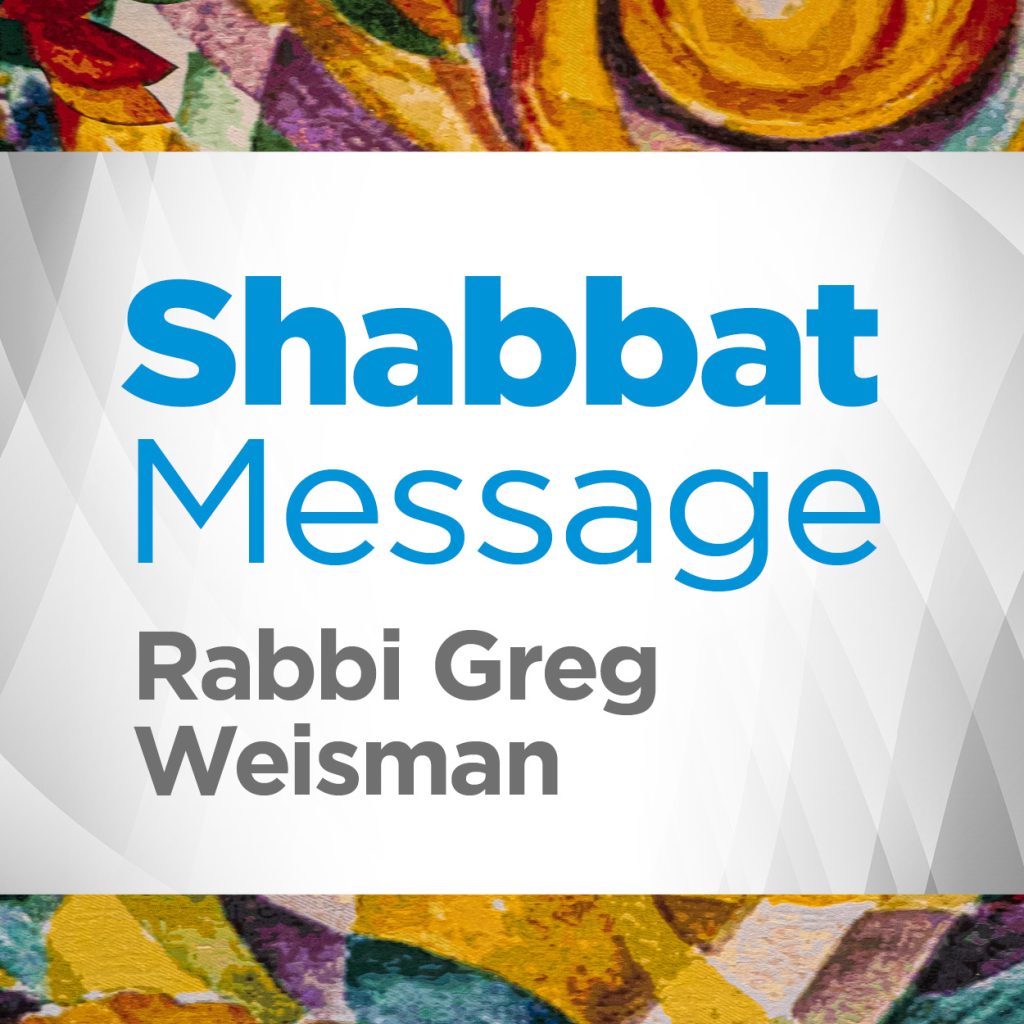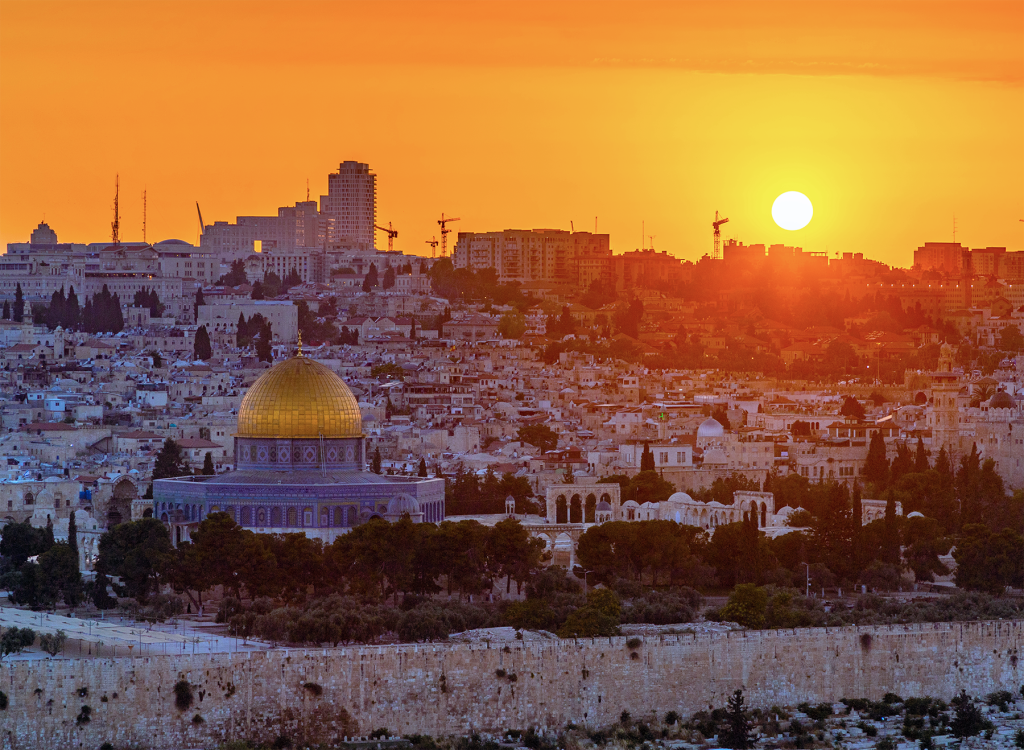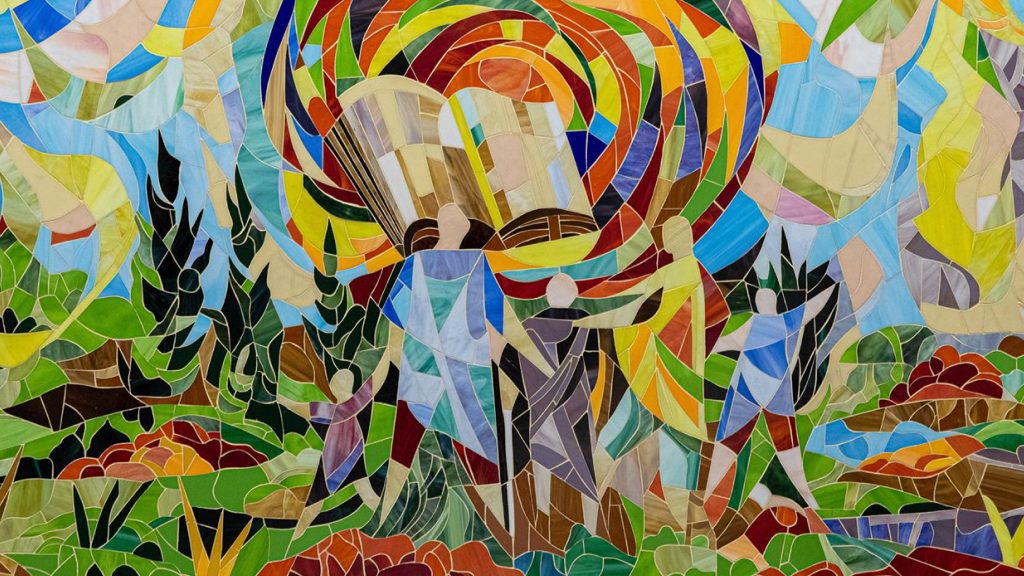This week we marked two tragic commemorations for our people. Today, November 10, is Kristallnacht, the anniversary of the Night of Broken Glass, when on November 9 and 10, 1938, Nazis unleashed violence on the Jewish population in Germany. Property was destroyed, businesses and homes were burned, and tens of thousands of Jewish men were taken off to concentration camps. Earlier this week, on November 7, we marked the sheloshim, the thirty days since the barbaric attacks on Israel which killed 1400, injured thousands of others, and resulted in 240 Jews kidnapped; with our prayers for their safe return.
The confluence of these two dates is amplified by the rise in antisemitic voices, acts, and in some cases violence that have cascaded across the world since October 7. This spike in antisemitism has all of us Jews on heightened alert, with a mix of fear, anger, and dismay at those who would fail to see our people are in grief and in pain.
As I’ve shared previously, part of our angst stems from feelings of helplessness – not that we cannot take care of ourselves, but that we have no way of meaningfully helping those who feel they need it from us. We have witnessed planeloads of supplies flown to Israel, we have seen staggeringly impressive amounts of money raised, and we have mustered the fortitude to secure our institutions so that we can continue to live our Jewish lives with meaning and purpose. Yet, the outlook for tomorrow, with the war in Israel deepening and the voices of those who would question her right and need to defend herself amplifying; seems darker than yesterday… a thoroughly depressing outlook.
How can we find the motivation to move forward into the darkness? Perhaps from the stories of those who came before us.
In this week’s Torah portion, Chayei Sarah, we read of Sarah’s death, and Abraham’s effort to secure a proper burial place for her. In the third verse, we read that “Abraham rose from beside his dead,” to speak to the Hittites and begin the process of purchasing the Machpelah, the cave in which the tradition suggests Adam was buried, and became our ancestor’s resting place. In his great philosophical treatise, the Guide for the Perplexed, Rabbi Moses Maimonides taught that the Hebrew word that means “rose,” as in “Abraham rose,” has a variety of meanings, the first of which is the opposite of “to sit.” Even in his grief, Abraham found the strength not to sit in despair, but rather to act in response for the good of his family and the memory of his wife.
Moving forward a few thousand years, in the aftermath of Kristallnacht and the atrocities that followed, Jews here in the U.S. answered the call that Abraham not sit, but to react. As the U.S. was entering World War II, thousands and thousands of Jewish Americans answered our nation’s call. While all American soldiers were fighting to protect the world from fascism, for Jewish soldiers the campaign took on a deeper significance, fighting to rescue our fellow Jews from the clutches of the Nazis. Even in the darkened shadows of the Nazi horrors, they acted with conviction that should inspire us.
Never before had Jews served in our nation’s military in such great numbers. They were inspired, even compelled, by the notion Kol Yisrael Aravim zeh ba’zeh, that all of the Jewish people are responsible one for another, and knew that fighting for the Allies, in whatever theater, would be a fight that, when victorious, would make the world safer for the Jewish people and millions of individual Jews.
Sitting in Boca Raton, thinking about the soldiers in Israel who are fighting not only to keep Israel safe but to keep the world safe for the Jewish people, that spiritual connection and national responsibility is resonating particularly strongly. I was inspired last week, in speaking with two professors at Ben-Gurion University of the Negev, to learn that Israeli Jews, despite the turmoil they are in, are expressing empathy for diaspora Jews and the rise in antisemitism we are experiencing. Rockets may be flying overhead, and their children are on the field of battle, but they are worried about us. Wow.
Their concern for us from the front lines reminded me of the “Prayer for the Home.” It was published in 1941 in a siddur made by the National Jewish Welfare Board for Jewish soldiers in our nation’s Armed Services. Included in it, in addition to the prayers for Shabbat, holidays, healing, and mourning, and this prayer, is a meditation for the soldiers who they left behind and for whom they are offering the ultimate sacrifice. As we also mark this Shabbat Veterans’ Day, our opportunity to celebrate with gratitude the service of those who have stood in defense of the U.S., I wanted to share these words that they should inspire and comfort us who at home in the U.S., feel the unease of a world and a people in peril:
Far from home and those I love; I find my thoughts turning to them with affectionate longing.
O Thou who art with my distant loved ones even while Thou art here with me, who hearkenest to their prayers even as Thou hearkenest to mine, bless us and keep us united in spirit until we meet again.
Let my memory hold them in such loving embrace that I be cheered by their imagined presence.
Keep me under the influence of the ties that bind me to them, so that even in strange surroundings I may conduct myself in ways that do them honor.
Keep me gratefully mindful of the blessing of their love and let me not give way to loneliness or despondency.
Help me to bring cheer to my comrades, who like me are separated from their dear ones.
For Thou, God, art the Father of all; Thou art the source of all love. None who puts his faith in Thee need ever feel friendless or forsaken.
May we all be inspired to keep the ties that bind the Jewish people together tight,
May we have the patience and the fortitude to see through the darkness to the light that is coming,
May we continue to bring light into the world with our actions inspired by words of Torah,
And on this Shabbat, may our prayers for a future more peaceful than our past come to be.
Shabbat Shalom,
Rabbi Greg Weisman










